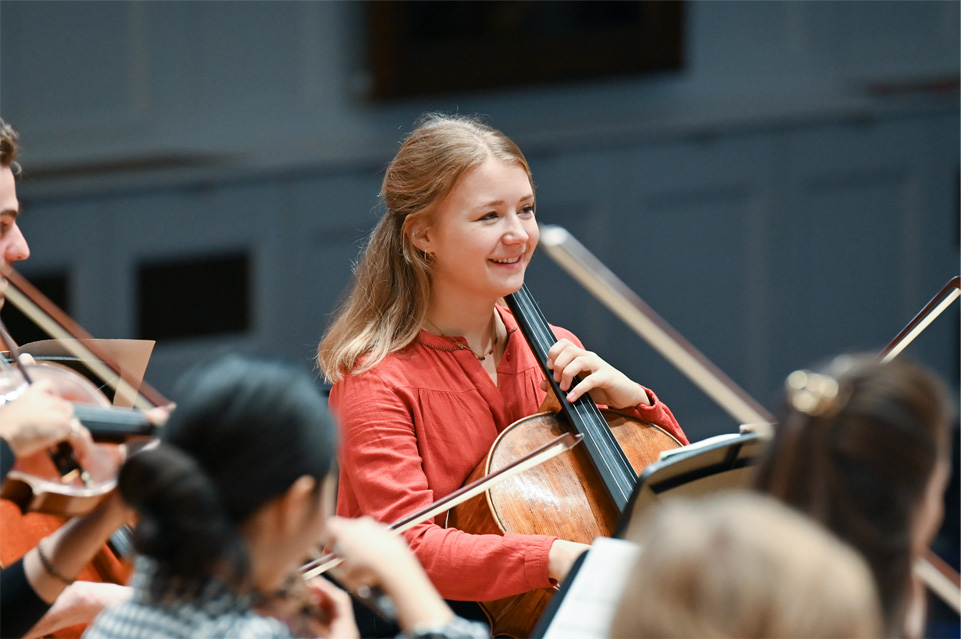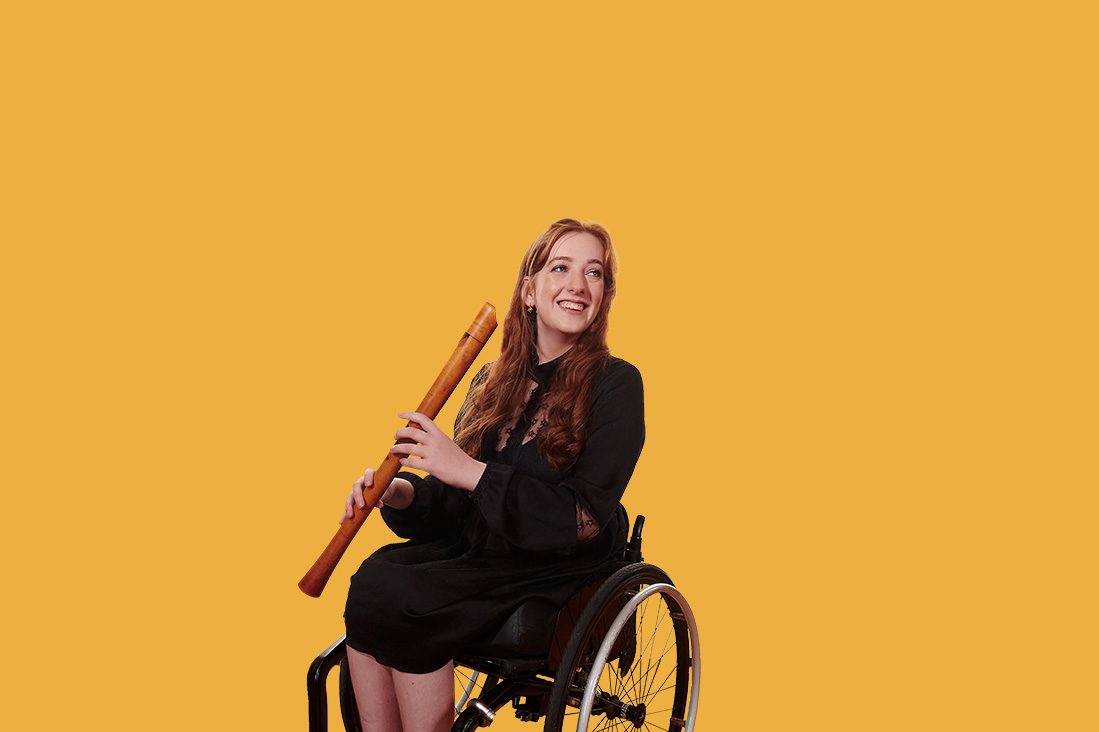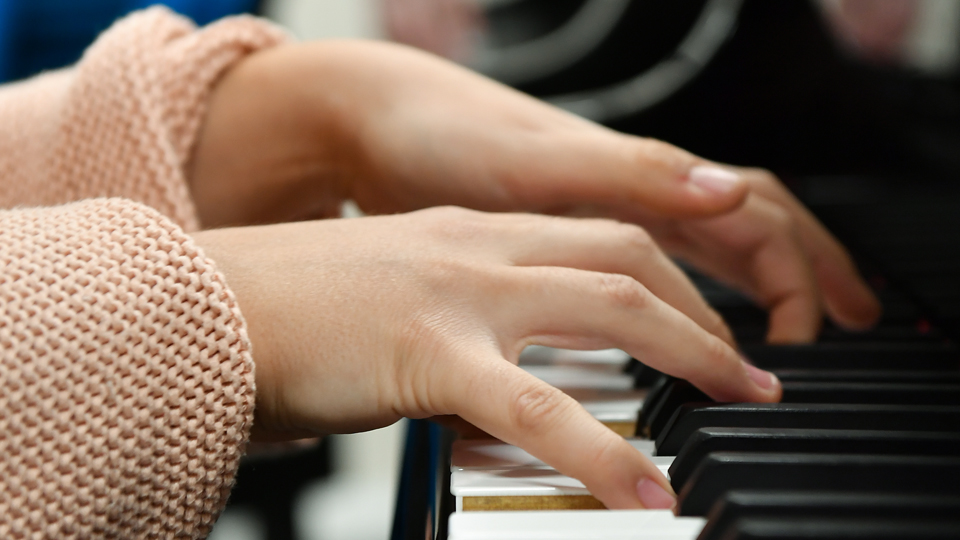Master of Music and Master of Performance
We are looking for a very high level of pianistic skill and ability to collaborate with both singers and instrumentalists. It is essential to be a fluent sight-reader.
All applicants, whether auditioning by video or in person, should prepare:
- A programme of three works of their own choice, to include a contrast in instrumental and vocal repertoire, for which you need to provide your own soloist(s).
Applicants auditioning overseas must bring their own soloists. For applicants auditioning for the MPerf or MMus in London, the RCM will have soloists available to perform with if required, though applicants can choose to bring their own if preferred. If you would like to perform with the RCM's soloists, you must prepare the following programme:
- Beethoven 7 Variations for Cello and Piano on Mozart's 'Bei Männern' WoO 46
- R Strauss Allerseelen op 10 no 8 (in E flat)
- Britten Let the florid music praise! (On this Island) (in D/G minor)
All applicants should bring a list of repertoire studied in depth in recent years to their audition and show proof of recent public performances. Video auditionees should upload this to the submission portal with their audition video.
Live auditions will include a sight reading test. For video audition candidates shortlisted applicants will be invited to attend a video interview, which may include a short sight-reading exercise.
Artist Diploma in Performance
We are looking for a very high level of pianistic and collaborative skill. It is essential to be a fluent sight-reader.
For both video and live auditions, applicants should present a 20 minute programme which highlights their particular area of interest in collaborative music making. This can be a focus on instrumental duo and chamber repertoire, art song, opera or any mixture of the above. In addition to the performance, all applicants should provide a list of collaborative repertoire studied in depth in recent years and show proof of at least five public performances as a collaborative pianist. Video auditionees should upload this to the submission portal with their audition video.
Those auditioning for Artist Diploma in Performance must bring their own soloists, whether auditioning in London or overseas.
All applicants should provide a list of repertoire studied in depth in recent years and show proof of recent public performances. Video auditionees should upload this to the submission portal with their audition video.
Live auditions may include a sight reading test. For video audition candidates shortlisted applicants will be invited to attend a video interview, which may include a short sight-reading exercise.
What to expect at audition
Please note, we are not able to provide RCM soloists at our overseas audition venues. If you are auditioning for collaborative piano overseas please ensure you arrange your own soloist.












